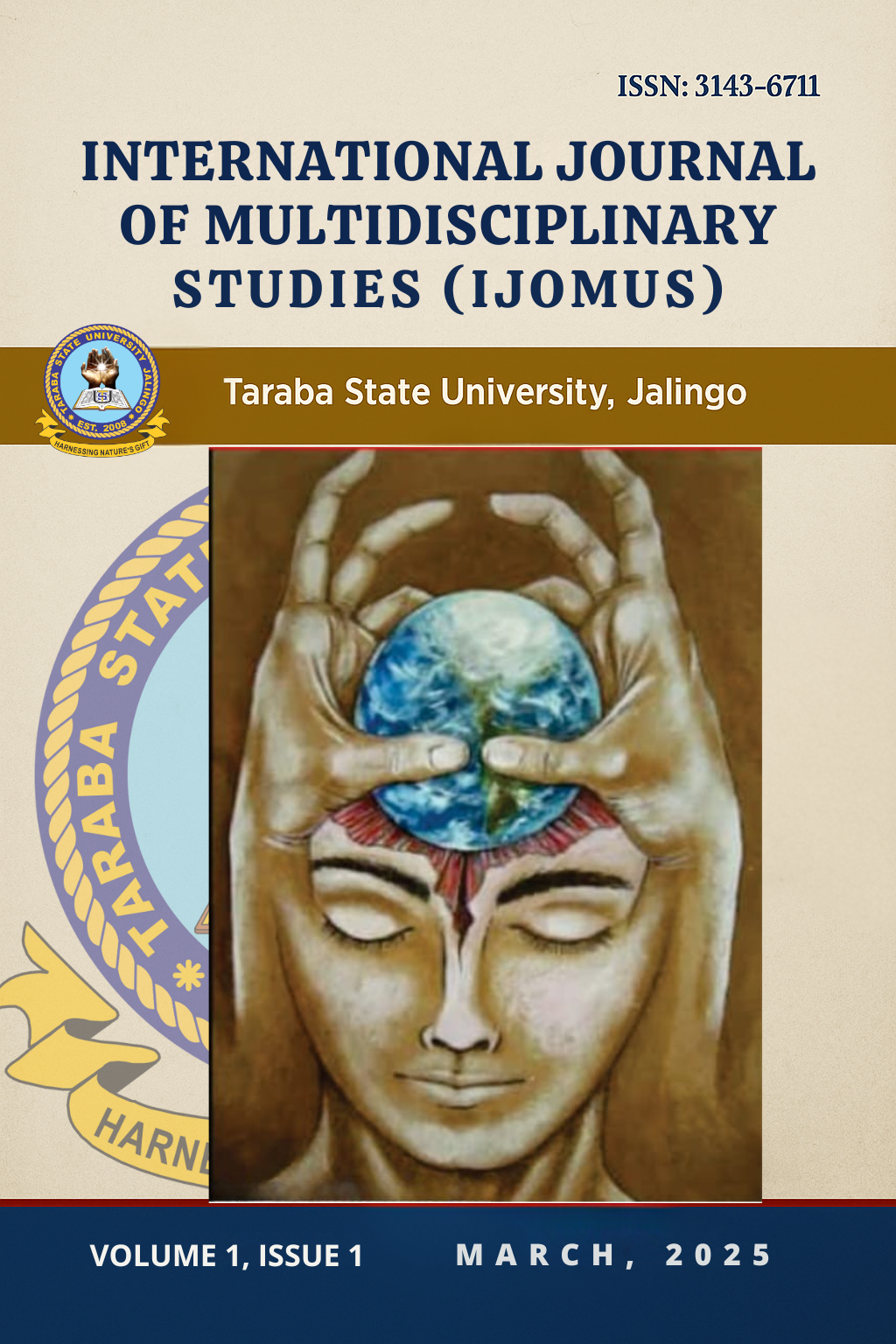NON-BIBLICAL PRACTICES AMONG CONTEMPORARY CHURCH LEADERS: IMPLICATIONS ON THE CHRISTIAN FAITH
Abstract
The study focuses on non-biblical practices among contemporary church leaders and its implications on the Christian faith. Biblical teachings form the foundation of the Christian faith, offering a moral and spiritual framework for all believers. However, in recent times, there has been a growing concern about the proliferation of non-biblical practices among some contemporary church leaders. Such conduct has raised concerns about the authenticity and integrity of the Christian faith; the core message of Christianity on salvation is distorted since most of its messages are centred on prosperity, wealth accumulation, and financial blessings. We adopt a phenomenological and doctrinal approach. Part of the findings is that watered-down theology by unlearned gospel ministers has led to diminished church image, leading to a decline in attendance and support (ii) salvation is endangered, causing Christians to neglect their responsibility to follow Jesus and obey His teachings and (iii) evangelisation is made more difficult because it erodes trust among congregants and the wider community, leading to a false or incomplete understanding of salvation and the Christian faith. However, the study suggests that church leaders should prioritise biblical teachings and principles in their ministries to prevent the incorporation of non-biblical practices that could lead to spiritual deception and confusion. pursue theological education and training to enhance their understanding of biblical teachings and principles, and (iii) church leaders should establish accountability relationships with other leaders and mentors who can provide guidance, support, and corrections in their ministries.

